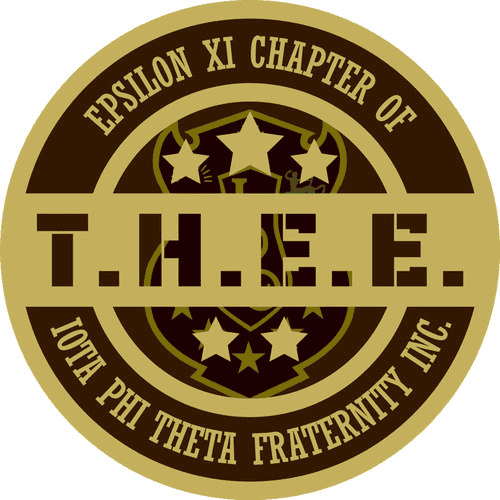Hazing Policy And Prevention
Georgia Laws Against Haizing
In 2021, the Georgia Legislature passed the Max Gruver Act expanding state-wide hazing definitions, penalties, and protections.
In accordance with the law, the University of West Georgia will publicly disclose student organizations found to be responsible for violations of hazing. The Office of Community Standards will provide regular updates to the campus community about organizations found responsible for hazing misconduct.
Additionally, UWG will strengthen hazing education efforts to continue educating students, faculty, and staff about types of hazing and prevention. More information about the Max Gruver Act can be found here https://www.legis.ga.gov/api/legislation/document/20212022/202145.
Contact Information
Additional information is available by contacting the UWG Office of the Dean of Students at (678) 839-6423.
Iota Phi Theta on Hazing Prevention
Anti-Hazing Statement
Whether physical, mental or verbal, Iota Phi Theta Fraternity, Inc. prohibits hazing as a condition of membership in the fraternity. Hazing is considered illegal and a crime in most jurisdictions. It is important to note that brothers and candidates to the organization should participate only in the authorized Brotherhood Intake Process (BIP) of the fraternity. Under no circumstance should a candidate agree to submit to hazing in order to obtain fraternity membership.
Fraternity members or chapters are not authorized to require, suggest or demand a candidate or group of candidates to complete additional requirements or conditions of membership outside of the Brotherhood Intake Process (BIP). Brothers and candidates are encouraged to report any alteration in membership intake to the Corporate International Headquarters.
Definition of Hazing
Any action taken or situation created, intentionally, whether on or off fraternity premises or during fraternity functions, to produce mental or physical discomfort, embarrassment, harassment or ridicule. Such activities may include but are not limited to the following: use of alcoholic beverages; paddling in any form; branding; creation of excessive fatigue, physical or psychological shock; quests; treasure hunts; scavenger hunts, road trips; or any other such activities carried on in the name of the fraternity; wearing of public apparel which is conspicuous and not normally in good taste; engaging in public stunts and buffoonery; morally degrading or humiliating games and activities; and any other activities which are not consistent with fraternal law, ritual or policy or the regulations and policies of the educational institution and local, state and federal laws.
Brotherhood Intake
Iota Phi Theta Fraternity, Inc. does not recognize hazing as a means of obtaining membership in the organization. Members of Iota Phi Theta are forbidden from requiring any candidate to engage in unauthorized membership activities.
All official contact and correspondence to the candidate regarding membership intake will come from the identified Regional Coordinator of Intake and the National Director of Intake of Iota Phi Theta Fraternity, Inc. The only official and sanctioned contact regarding intake is outlined for the candidate in the fraternity’s description of the membership process. Candidates should only participate in membership activities when the date, time and place have been established by the Regional Coordinator of Intake.
Any grievances and disputes regarding membership intake should be referred to the Regional Intake Coordinator (RIC) for investigation and resolution. Brothers and candidates to the organization agree to follow all rules, regulations, and guidelines relating to the Brotherhood Intake Process (BIP).
Information for Parents:
Many parents may believe that a decision to join a fraternity is solely left to the child. Parents’ input is crucial to this decision. Parents should encourage their child to research the organization and local chapter, attend informational sessions and sponsored events on campus and in the community.
Parents should take an active role in the decision-making process – ask questions about the organization to spark conversation. Once your child has a made a decision, stay involved and be supportive by attending local events or community service projects. Most important, be as supportive as you can.
The most rewarding benefit of joining a fraternity is the lifelong commitment your child will make to the organization.
